Are Protein Bars Healthy?
Are Protein Bars Healthy? – This is a question that pops often into your head if you monitor your protein intake daily.
Protein bars provide a convenient source of nutrition, especially for people who have busy and active lifestyles. Sometimes protein bars are also meal-replacements, and try to provide all the nutrients you need in a typical meal. However, not all protein bars are created equal. Some may be better for you than others.
In this post, we will explore the benefits and drawbacks of protein bars and explain how to choose the best products for your health goals
Table of Contents
Protein
Protein is one of the most critical building blocks of life and essential for survival. The word originates from the Greek word protos meaning first, and shows protein’s status in human nutrition.
The body depends on protein, or the amino acids that make protein, to carry out critical functions. Lack of protein has shown to have adverse effects on our bodies such as bloating, loss of muscle mass, and severity of infections.
Protein deficiency can be attributed to lack of nutrition knowledge, cultural dietary habits, or lack of available protein options such as diary and/or meat in extreme situations. In such cases, alterative protein sources such as protein bars can help meet your body’s protein requirements.
Benefits of Protein Bars
One of the main benefits of protein bars is that offer quick and easy protein access. Protein bars can also provide other nutrients, such as fiber, calcium, iron, and B vitamins, depending on the ingredients.

Another benefit of protein bars is they can help you feel full between meals, which may prevent overeating and cravings. Some studies have shown that protein bars can reduce appetite and increase satiety compared to other snacks. Protein bars can also be a good option as a pre- or post-workout snack. They provide energy for exercise and aid muscle recovery afterward.
Drawbacks of protein bars
While protein bars can have some advantages, they also have some potential drawbacks. High sugar and artificial sweetener content is a leading drawback of protein bars.
Excess sugar contributes to weight gain, diabetes, heart disease, and tooth decay, while artificial sweeteners may cause digestive issues, headaches, and mood swings. The American Heart Association (AHA) recommends not more than 6% of your daily calories come from sugars. Some protein bars use natural sweeteners rather than artificial ingredients like corn-syrup, but majority meet or exceed this sugar limit. Depending on your personal fitness goals sugars in energy bars can hinder your progress, so pay attention to the ingredients and nutritional information.
Another drawback of protein bars is that they may not be as satisfying or nutritious as whole foods combining protein and fiber. Protein bars are often highly processed like candy bars and contain ingredients not found in nature, such as whey or soy protein isolates, sugar alcohols, preservatives, and additives.
These ingredients may lack the natural fiber, antioxidants, phytochemicals, and enzymes that are present in whole foods. Some protein bars may use proprietary blends of ingredients that do not disclose the exact amounts or sources of each component.
So try to limit how much and how often you consume ready-made protein bars, and aim to get most of your protein from natural sources such as tofu, beans, and organic chicken and other meats.
How Much Protein?
According to Harvard Medical School’s recommendation, a person needs about 0.8 grams of protein per KG of body weight.
Multiply your body weight (in LBs) by 0.36 for the total the amount of protein needed to maintain your body’s functions.
For people with an active lifestyle like runners, rowers, cyclists and weightlifters, etc. and for elite athletes, the minimum protein requirements might be much higher. Some professional body builders consume double this 0.8 gram limit to maintain and increase muscle mass, which is critical for their sport to compete at the elite level. Athletes in other sports also have higher requirements and closely monitory their protein intake to maintain or improve their performance. Consult a physician or nutritionist to see how much protein to consume for your specific lifestyle.
Another aspect of protein consumption is the quality of protein. A balanced meal consisting of vegetables and meats is better and healthier than a protein bar providing more protein, if the option exists. Try to get most, if not all, of your meals from natural sources such as whole grains, fresh vegetables and organic meats.
The long term results of a balanced meal plan are always better than diets relying on protein bars and quick-fix meals that have lots of processed and artificial foods.
How to choose the best protein bars
Given the wide variety of protein bars on the market, it can be challenging to find the best ones. Here are some tips to help you make an informed decision:
1. Look at the ingredient list
The best protein bars should have a short and simple ingredient list featuring whole foods like nuts, seeds, fruits, oats, quinoa, eggs, or yogurt. Avoid protein bars that contain ingredients that you cannot pronounce or recognize.
2. Check the nutrition facts label
The best protein bars have a balanced amount of protein, fat, carbs, and fiber per serving. Aim for at least 8 grams of protein (preferably 15-20 grams if you want to build muscle), no more than 13 grams of sugar (preferably less than 5 grams), at least 3 grams of fiber (preferably more than 5 grams), and moderate amounts of fat (preferably from healthy sources like nuts or seeds).
3. Choose a high-quality protein source
The best protein bars should use high-quality protein sources that are easily digestible and bioavailable. Some examples are whey protein isolate (from grass-fed cows), pea protein (from organic peas), brown rice protein (from sprouted rice), or egg whites (from cage-free eggs).
4. Consider your personal preferences and goals
The best protein bars should suit your taste buds and your health objectives. For example, if you are vegan or allergic to dairy, you may want to opt for a plant-based protein bar. If you are trying to lose weight or control your blood sugar levels, choose a low-sugar or low-carb protein bar. If you are looking for a snack to keep you energized throughout the day, pick a high-fiber or high-protein bar.
Take Aways
Protein bars can be a convenient and nutritious snack option for people with busy and active lifestyles.
However, not all protein bars are healthy, and some may contain high amounts of sugar, artificial sweeteners, or processed ingredients that can harm your health.
To choose the best protein bars for your health goals, look for ones that have a short and simple ingredient list featuring whole foods; a balanced amount of protein, fat, carbs, and fiber per serving; a high-quality protein source; and a flavor and texture you enjoy.
I hope you found this information useful. Check out my other nutrition posts as well.




